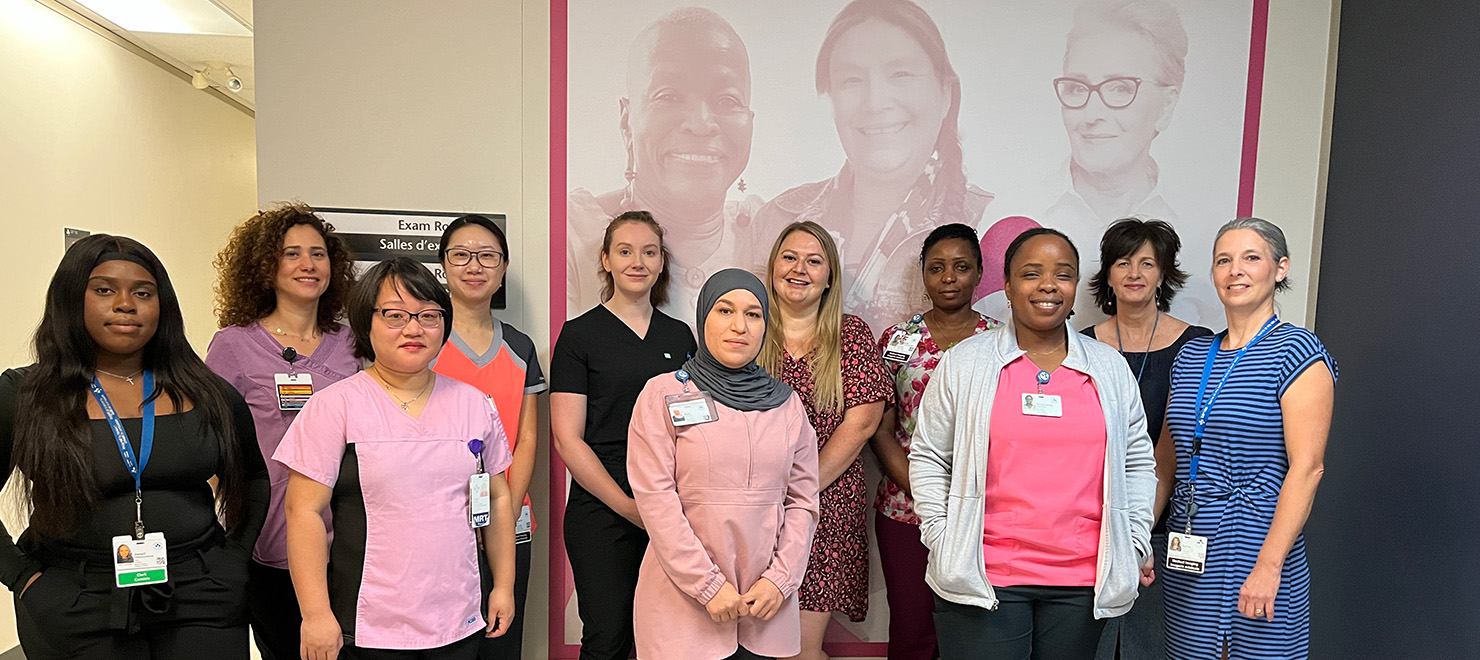
Insulin resistance is a metabolic disorder that occurs when the body’s cells become resistant to the effects of insulin, the main hormone that controls blood sugar levels.
There are many medical conditions associated with insulin resistance, including type 2 diabetes, high blood pressure, high cholesterol, obesity, heart disease and stroke.
Insulin resistance is a complex topic. But Endocrinologist Dr. Cathy Sun is here to help demystify it.
In this video from our YouTube Health series, Dr. Sun breaks down the essential aspects of this condition, including four strategies to minimize your risk of developing insulin resistance or keep your level of resistance as low as you can.

Support patient care and research at
The Ottawa Hospital
You might also like…
Watch: Everything you need to know about the common cold
Though researchers have yet to find a cure for the common cold, the advice in this video is not to be sniffed at. Infectious diseases expert Dr. Michaeline McGuinty shares treatments, prevention tips and more guidance to help you through cold season.
Caring for your newborn and yourself: A post-birth guide for parents
Have you just given birth? Are you expecting soon? In this series of videos, Registered Nurse Samantha Adams shares essential advice for those early days at home.
Understanding menopause: Four things you need to know
Menopause is one of the least understood, yet most prevalent, health conditions in Canada. From common signs of menopause to symptom management strategies, here are four things you should know.
Breast cancer screening at The Ottawa Hospital: What to expect from your mammogram appointment
Is it time for your regular mammogram? Meet the team at The Ottawa Hospital’s Hampton Park Plaza breast screening clinic. When you book your screening mammogram with us, you can expect compassionate service and an efficient appointment (most people are in and out in under 20 minutes!).
Ontario lowers age for regular breast cancer screenings: Top 13 frequently asked questions
To help detect and treat breast cancer as early as possible, the province has lowered the minimum age to self-refer for publicly funded screenings — from 50 to 40. Eligible Ontarians between 40 and 49 can make an appointment for a routine screening mammogram without a referral from a primary care provider. Here are the most important things that our breast screening team wants you to know.
Watch: Urologist explains benign prostatic hyperplasia (BPH)
Benign prostatic hyperplasia (BPH) is a prevalent, non-cancerous condition affecting men who are getting older. BPH occurs when the prostate gland is enlarged, which can result in urinary problems that affect daily life and health. In this video, Urologist Dr. Neal Rowe sheds light on BPH, including its symptoms, how it’s diagnosed and treatment options.


 To reset, hold the Ctrl key, then press 0.
To reset, hold the Ctrl key, then press 0.






Comment on this post